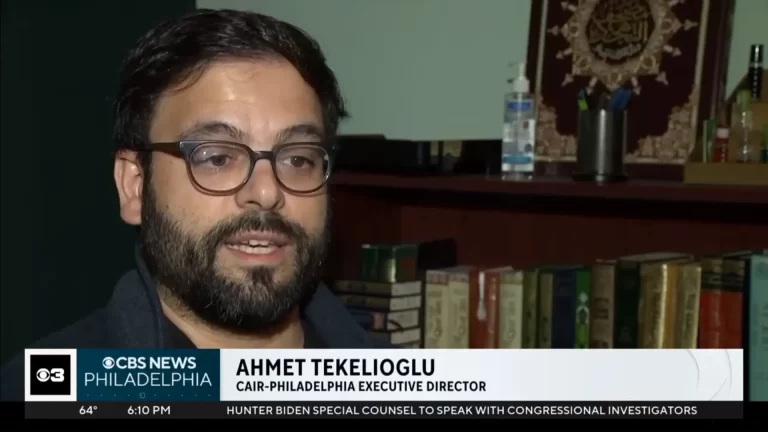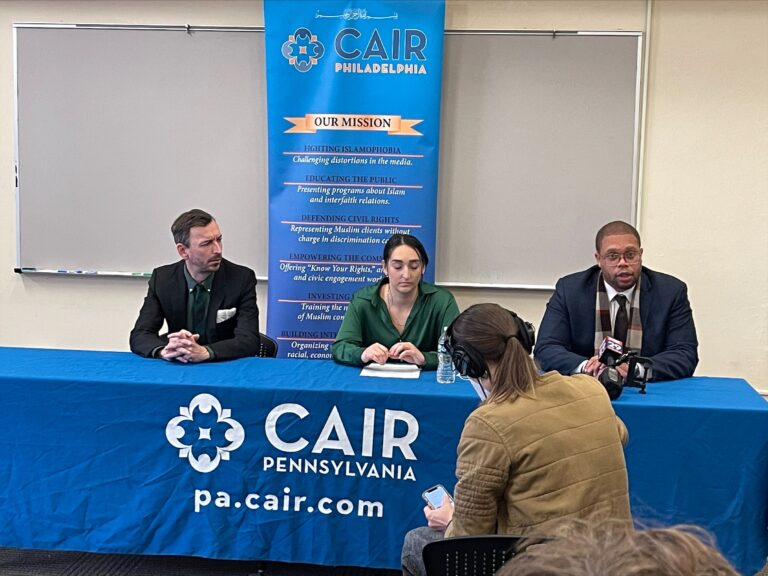![]()
By Elizabeth Fisher
Bucks County Courier Times
 Starting Saturday, Osama Al-Qasem and his wife, Manal Shurafa, started letting go of worldly concerns and focused on spiritual renewal.
Starting Saturday, Osama Al-Qasem and his wife, Manal Shurafa, started letting go of worldly concerns and focused on spiritual renewal.
The Northampton couple weren’t alone.
Muslims all over Bucks County are doing the same during Ramadan, the season during which the practice of prayer and sacrifice is intensified. The annual tradition, which lasts for 30 days, marks what Muslims believe was the time before the message of the Koran, Islam’s holy book, was revealed to the Prophet Mohammed.
During Ramadan, Muslims fast from food, drink and other physical needs from sunrise to sunset, and abstain from gossiping, backbiting, swearing and other bad habits. It is a time to basically work to clean up their lives and refocus their attention on God.
The season offers a time of spiritual introspection, self-discipline and charitable works, Shurafa said. The intensity of prayer is reflected in the services conducted at mosques after the breaking of the fast at sunset. It is a time for Muslims to hear the teachings of the imam, and to apply them to daily life. Shurafa said that, during the 30 days, the mosque’s spiritual leader recites passages from the Koran each night for two hours, and by the end of Ramadan, he has recited the entire holy book from memory.
The faithful listen and then share their knowledge with others as a means of building bridges of knowledge and love, she said.
“We eat special foods very rich in minerals, vitamins and sugar to help us through the fasting. The food is healthy, but light, but all actions are a means of worship,” she said.
Another Ramadan tradition reaches outward into the community by increasing charitable works. Al-Qasem said that mosques hold food drives and buy gift cards and medicines for the poor and the homeless.
“Ramadan is also an opportunity for family and friends to get together. It is a difficult and challenging time, but a time when we can pray and unite,” said Al-Qasem, who’s the president of the Philadelphia office of the Council on American-Islamic Relations.
Some Muslims won’t begin Ramadan until Sunday, he said, because there are two methods of determining the season: by relying on the calendar and calculating the start of a new moon, or by visual determination. Some Muslims will wait until the 11th hour of a new moon, then begin fasting the following day, which is Sunday this year.
The Al-Qasem family sat down to dinner Saturday night to break their fast, then, before sunrise Sunday, began their day with suhur, which is a meal eaten before dawn prayers.
“This meal can be heavy or it can be light, but it gets you ready for the day’s fast,” Al-Qasem said.





